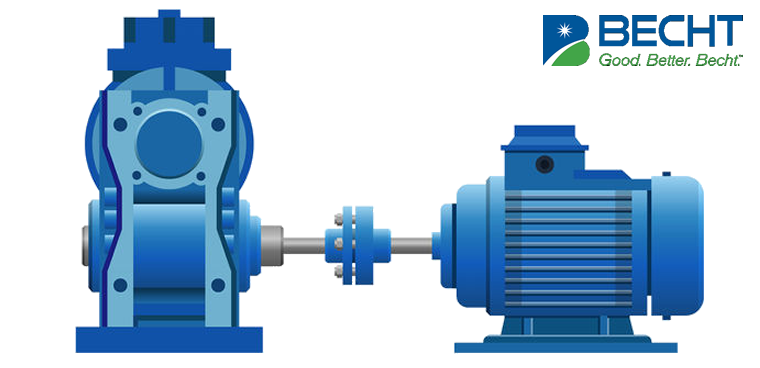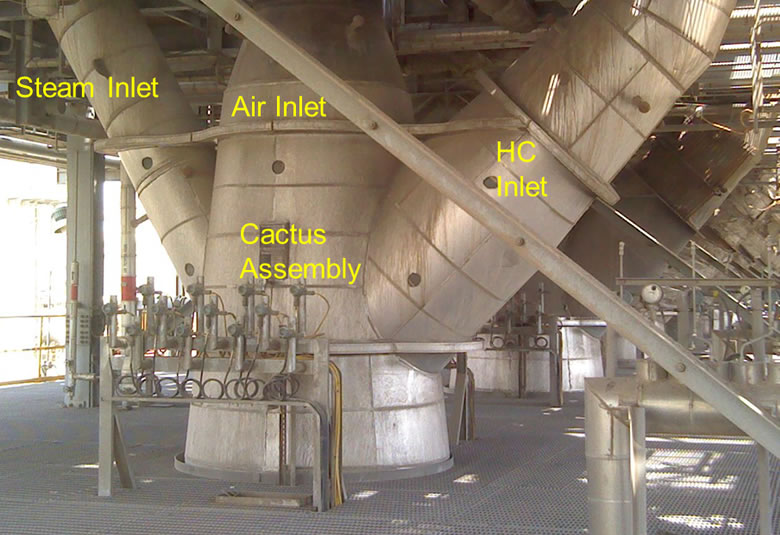Changing of the Guards
The Becht Guys were recently involved with removing an existing large WPII (weather protected, internal air-cooled) electric motor and installing a new spare motor on a planned outage. This work was being performed in a petrochemical plant where we spent most of our careers. Many years ago we had developed a program to extend the MTBR of large WPII electric motors by installing efficient bearing seals and high efficiency air filters. The new motor did not have the efficient bearing seals or the high efficiency air filters. We suggested installing both and were informed that they were not needed because they do not have problems with dirt and oil build up in this motor.
As we travel to different petrochemical complexes in America, we can’t help but notice all the new faces in the machinery world and the absence of the faces that we used to know. It appears that most all of the older experienced machinery personnel have retired and been replaced by young personnel. Attrition is normal in the workforce. The new machinery personnel should be better educated and armed with much better tools than their predecessors. It is difficult to compare the calibrated nickel to the vibration equipment of today, the slide rule to the calculator, the data storage systems of stacks of folders or files to the computer and number one new tool, the internet with unlimited information.
The new guard are lacking experience and in some glaring cases, knowledge of machinery history. Experience only comes with time, but knowledge of the machinery history should be available now. The most useful machinery history information for any piece of equipment is the sequence of what changes were made and why. It appears that in many organizations this information is not being used. This information is probably available in some file room or on some computer system that may be no longer supported by “IT”. But the new guard in many cases is not armed with or using this information. It may be that they do not know how to locate the information or they see little or no use in this information. Information may be unavailable because the IT department decides to no longer support the program that the data was in. In one example, we are aware of hundreds of machinery photos that became inaccessible because they were stored on 5-1/4″ floppy discs (seen one of these lately?). The information referenced above needs to be in-hand and researched before the new guard makes changes that could reproduce problems that had been previously solved.
There have been many changes in the machinery world during my forty-five years of involvement. The greatest improvement to machinery life and reliability has been the computer. With the addition of computer control to help operate the process, less variation in operation has occurred. With computer monitoring of the machinery, abnormalities are found long before they become problems. With the aid of computers, the machinery designers can produce machinery which functions as desired and problem free. These improvements have been evident in both major machinery (un-spared machinery) and general purpose machinery (spared machinery). There have been two great improvements in the general purpose equipment. One of these improvements has been the vibration programs. This vibration surveillance and interpretation of the findings has greatly improved the mean time between repair (MTBR) and unplanned outages. The other improvement has been the use of oil mist lubrication. In the humid and rainy south, bearing failures due to poor lubrication were the dominant cause of failures. Oil mist lubrication solved this major problem. Both of these reliability programs carry with them measureable operating costs. And in some organizations without good records, both the vibration surveillance programs and the oil mist lubrication systems are in jeopardy of becoming eliminated. Without the history of failure rates and the cost of failures before these systems, as compared to after these systems, the operating costs of these systems become difficult to justify. In the absence of historic data the thinking can be: we do not have bearing problems, so we do not need these systems.
Machinery professionals understand the significance of good machinery history and records. But in these ever increasingly competitive businesses, there is always pressure to cut costs. And it is expensive to both make and maintain good machinery histories. It is therefore incumbent on reliability managers to vigorously support these activities in the face of the inevitable management pressure to reduce short-term costs.
This article is not intended to compare the new guard’s abilities to the old guard’s abilities. It is intended to encourage the new guard to maintain and utilize the historic information about why changes were made in the past. Without knowledge of the history, we are destined to repeat the same mistakes. As my dearly beloved father often told me, “You must learn from other people’s mistakes, because you will not live long enough to make all of them yourself!”
The Becht Guys have nearly a hundred years of experience in the machinery world. Let this experience work for YOU.
[readon2 url=”index.php?option=com_rsform&view=rsform&formId=4&Itemid=620″]Click to Request Info[/readon2]






